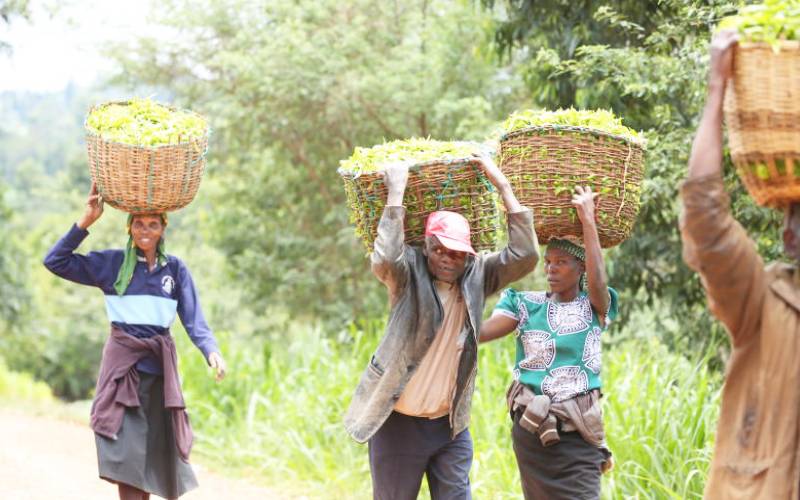×
The Standard e-Paper
Smart Minds Choose Us

But as the government seeks a solution for tea farmers’ woes, it needs not to go far but simply retrieve a taskforce report that is the cure to this problem.
For the past few weeks, the Kenya Tea Development Agency (KTDA) has been in the news for the wrong reasons.